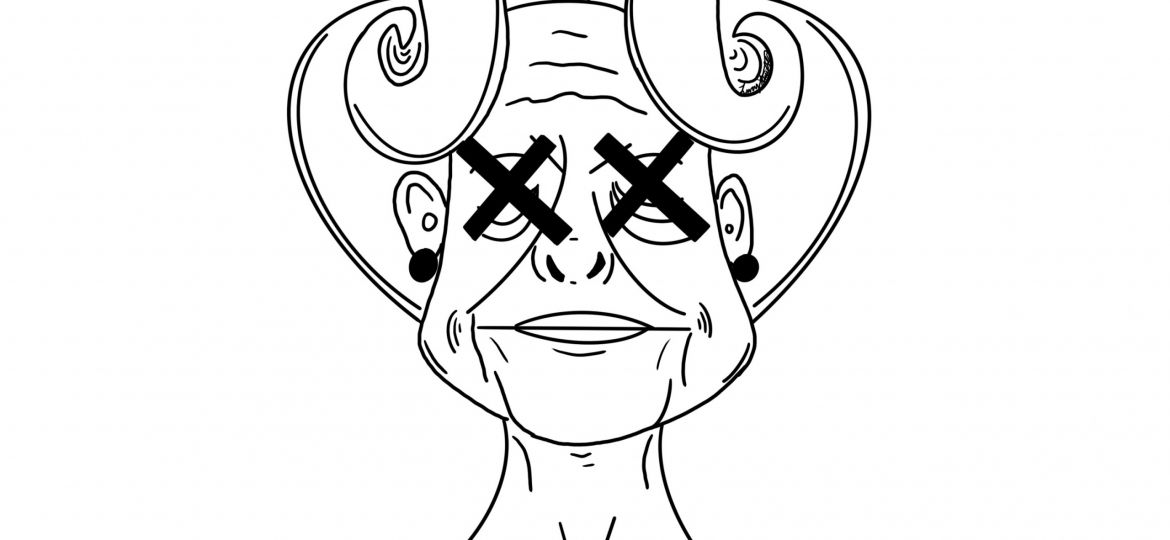
As we all know, Queen Elizabeth II of England is dead. Although the Queen held considerable recognition around the world as the longest reigning monarch in the United Kingdom’s history, I can’t help but be hesitantly joyous. If we approach her death from the perspective of marginalized histories, there are multiple horrors related to her reign. The U.K. has an extensive history of colonization, genocide, and imperialism, which was inescapable during her reign. Even before her rise to the throne, the long-standing history of the U.K. monarchy was mired in colonizing multiple nations across the world. Thus the famous saying “the sun never sets on the British Empire” became widely used in relation to their monarchy’s conquests. Just one example that affects multiple nations and peoples around the world is the Trans-Atlantic Slave Trade. European countries, including the U.K. were active members of the colonization of African nations. The influence of European colonization, alongside the powerful rulers of African nations, tribes, and clans, produced the Trans-Atlantic Slave Trade. The U.K. could arguably be partially responsible for the conquest of Indigenous peoples in America. The most considerable reason the colonies of the United States came to existence roots from the U.K.’s religious intolerance. Although this appears as a lost cause, the U.K.’s religious intolerance caused further colonization and conquest of native peoples similar to African nations.
Although none of the aforementioned colonizing quests took place during the Queen’s reign, these historical events do not remain untouched during her time as a ruling monarch. Multiple resistances occurred in relation to colonization, including but not limited to the First Nations of Canada, New Zealand, Australia, and the United States. All of these countries constantly battle with the effects of colonization on a daily basis. These histories surround us, connect us, the colonized and the colonizers, into an inextricably messy present. Moving forward, we must reconcile what it means to deconstruct colonized histories. Mourning the death of Queen Elizabeth II is to turn your back on the traumatic histories caused by her time as monarch and the English monarchy. Instead, we must focus our attention and commit to decolonial thought and action
Lauren Schilling ’25 is from Manly, Iowa.
Her majors are race and ethnic studies, art history, and studio art.

